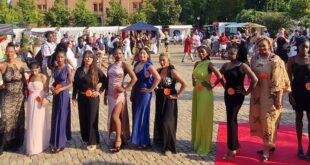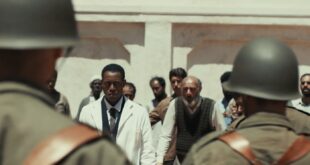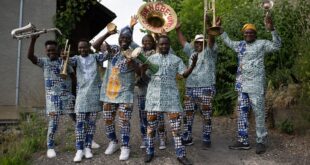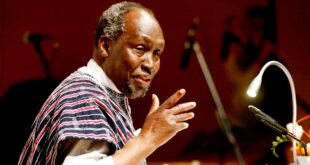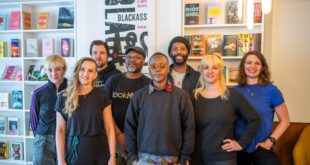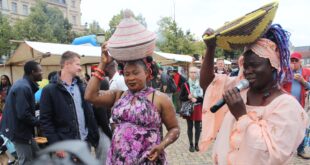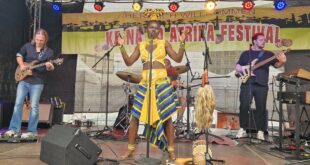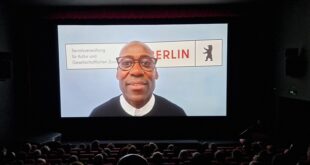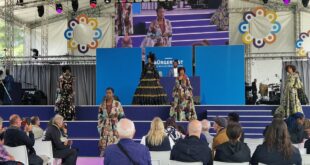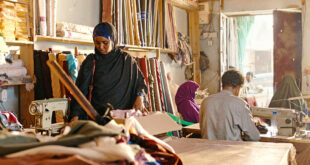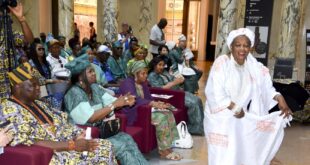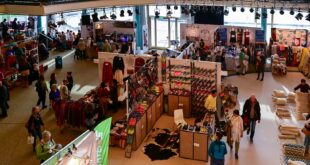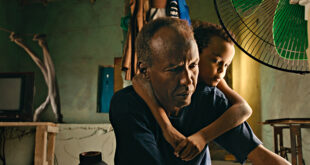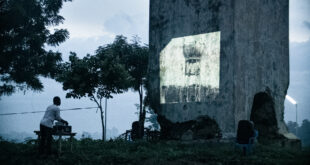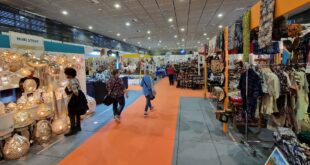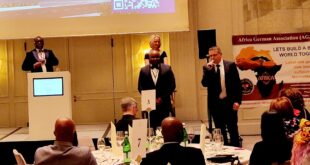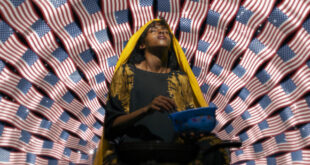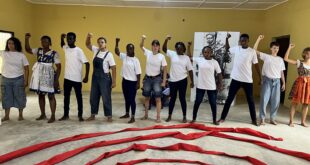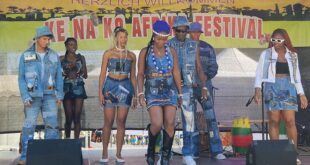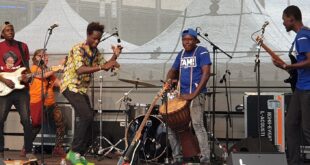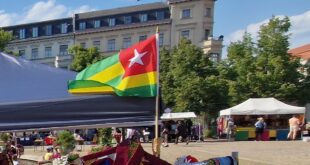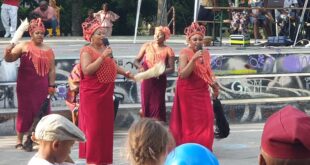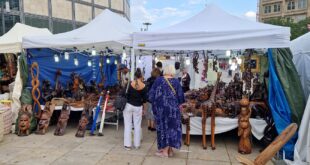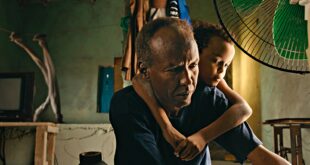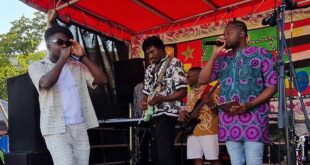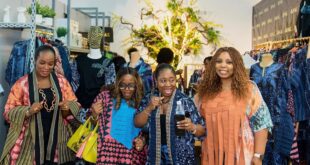The 16th Africa Film Festival Cologne holds from the 13th to the 23rd of September. This year’s focus is on intra-African migration and the festival presents 25 films which address the subject, chosen by FilmInitiativ, organizers of the festival, for good reasons.
Sixty-eight million people worldwide are refugees, most of them in their neighbouring countries. This applies to Africa, too, where only a small number of people aim for Europe, while about half of the world’s refugees are accommodated by the continent.
Yet, internal migration also means pressure to succeed and insecurity for the emigrants and grief and sorrow for those left behind. Highly topical is REVENIR, a film by David Fedele and Kumut Imesh. The Ivorian Imesh, who lives in France, retraces his escape route over the Niger up to the Mediterranean Sea – this time with a camera. REVENIR is a touching insight into the various societies and settings along the West African migratory route.
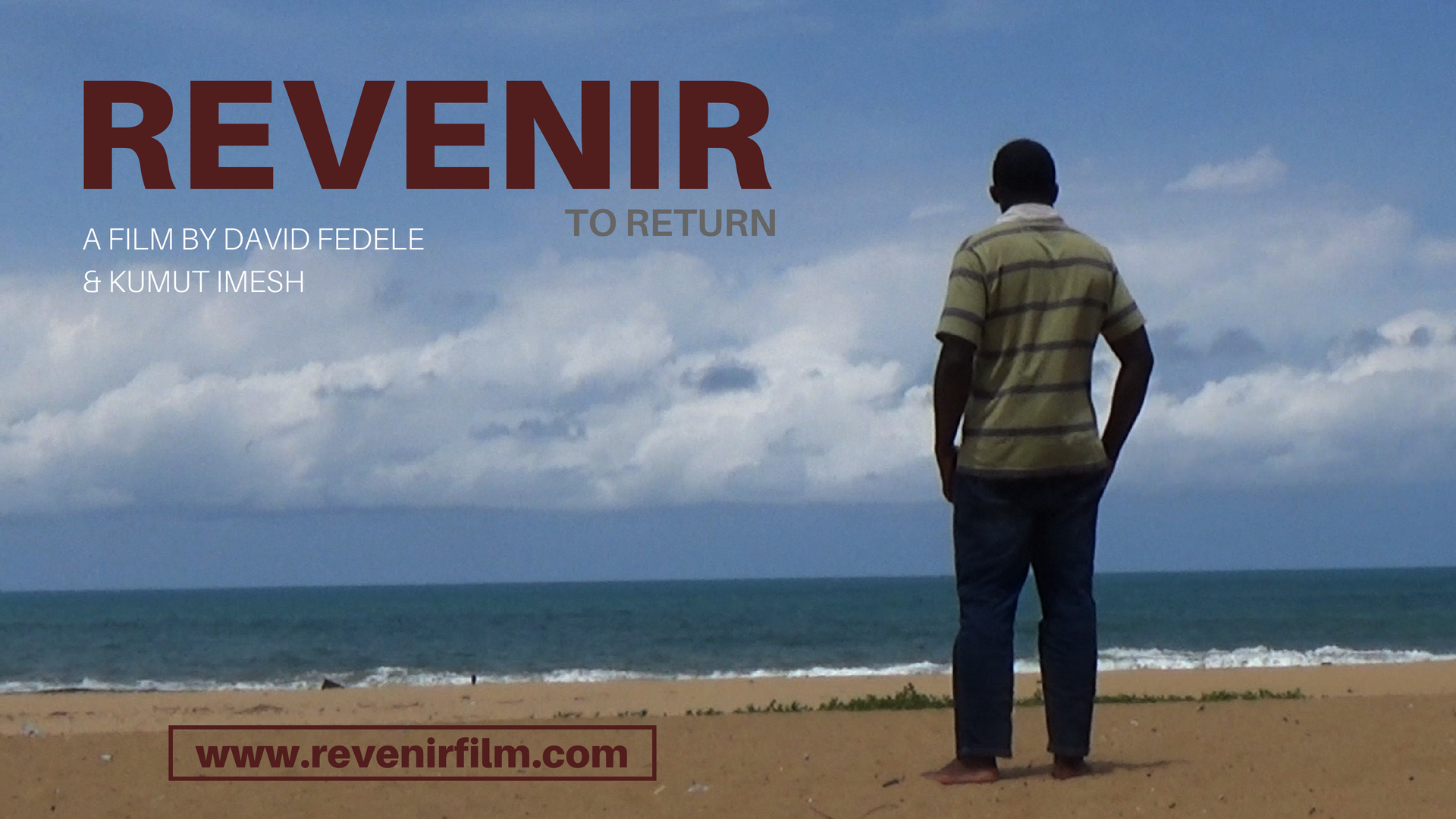
Camps, refugees and xenophobia
Refugee camps worldwide currently host 12 million people and some of the biggest camps are located in Africa. In WAREHOUSED, Asher Emmanuel shows the biggest African camp, Dadaab in Kenya (counting almost half a million people in 2011). Life at the camp is provisional, without prospects – and often under threat: of marauder attacks, but also of the state – or the local population.
Two films at the festival address emerging xenophobia in South Africa towards refugees and immigrants from Zimbabwe. VOETSEK! US, BROTHERS? (2017) focuses on the pogroms of 2008. Directress Andy Spitz also lets perpetrators have a say. And the feature film SINK by Brett Michael Innes (2016) follows an undocumented servant from Mozambique, who has to work in South Africa without any rights.
The forgotten war in Western Sahara, filming the resistance
A majority of the Sahrawi population also lives in refugee camps: in 1974 Moroccan and Mauritanian troops occupied Western Sahara and many Sahrawis fled to southern Algeria.
In four decades, schools and health facilities, cultural centres and gardens were created in the camps – and since 2003 an annual festival – FiSahara also. It now regularly produces films; 3 STOLEN CAMERAS was one that gained international attention – a portrait of Sahrawi media activists who denounce censorship in the region.
Critical filmmakers in Africa are often on the cusp of flight and emigration: in LENDEMAINS INCERTAINS the Burundian activist Eddy Munyaneza joins the protest against President Pierre Nkurunziza. Lately, he learns that his family fled to Rwanda to escape the violence. Similarly, KINSHASA MAKAMBO shows civil resistance against Joseph Kabila. Three activists are portrayed, of which one returns from exile and another – just out of prison – joins the protests again.
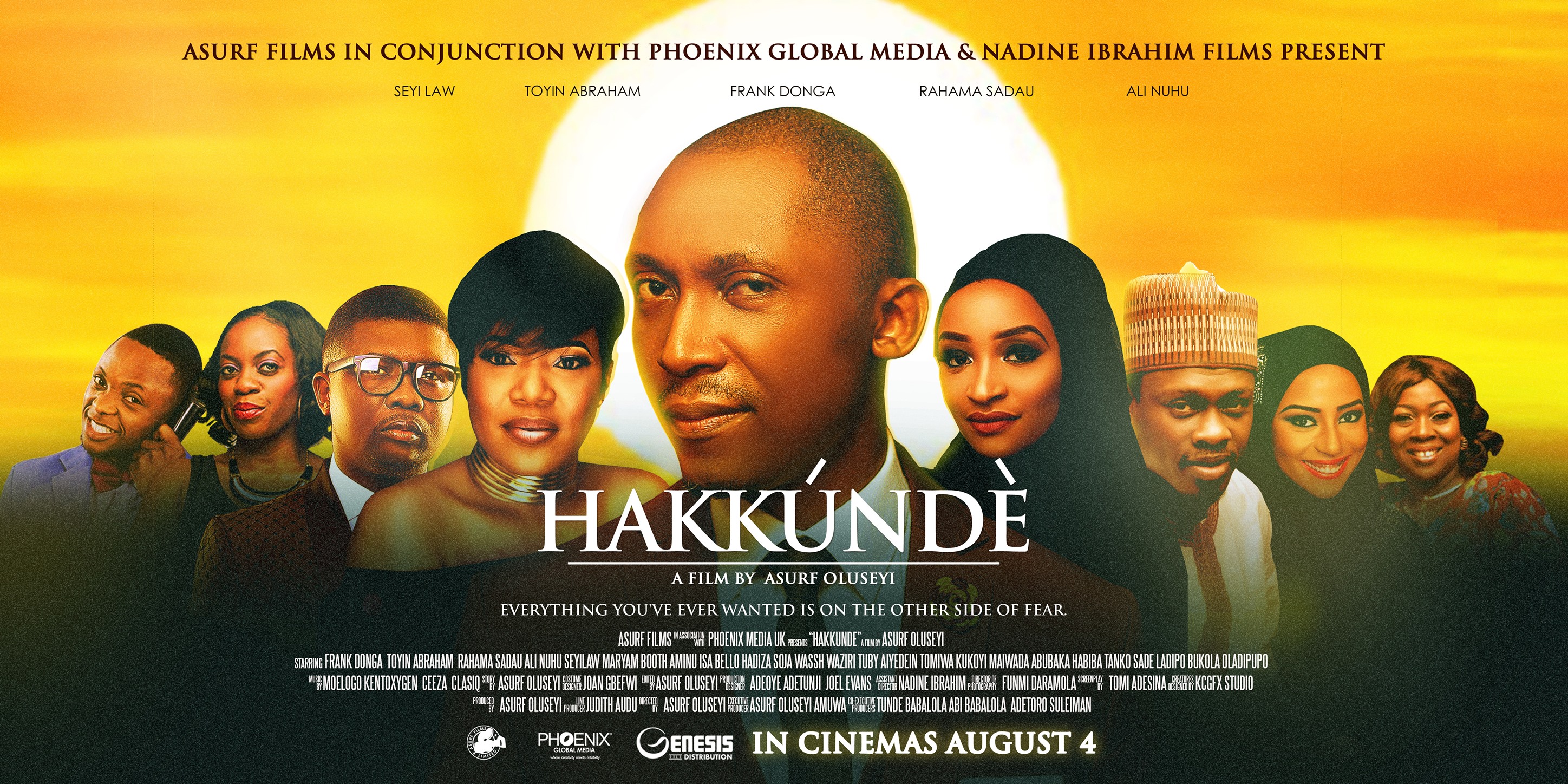
Rural and urban exodus
In large parts of Africa, the farmland is abandoned, former ways of living vanish and cities grow rapidly because of refugee movements and economic migration. Against this trend, Akande decides to leave the megacity Lagos for the Nigerian province in HAKKUNDE. There, the unemployed academic succeeds in establishing an environmentally friendly business. An optimistic film by Asurf Oluseyi.
Diverse perspectives
Beyond the focus (with the support of TURN: Fund for Artistic Cooperation between Germany and African Countries) the 16th Africa Film Festival Cologne offers a wealth of perspectives: new art house films by well-known Arab directors (VOLUBILIS by Faouzi Bensaidi, RAZZIA by Nabil Ayouch), feature film debuts such as the teenage dramas MAKI‘LA from Congo and DJON ÁFRICA from the Cape Verde Islands, and the spectacular film FIVE FINGERS FOR MARSEILLES, treating post-Apartheid topics in a pop-cultural language with Western elements.
The short films are also as varied as their countries of origin: ‘African Shorts’ makes a journey through the continent; other programmes are dedicated to the African diaspora, artistic-experimental approaches and the “afrofuturism”. The science fiction elements of this genre, but also the virtual-reality programme in the city library of Cologne dismiss the impression of a backward Africa.
 THE AFRICAN COURIER. Reporting Africa and its Diaspora! The African Courier is an international magazine published in Germany to report on Africa and the Diaspora African experience. The first issue of the bimonthly magazine appeared on the newsstands on 15 February 1998. The African Courier is a communication forum for European-African political, economic and cultural exchanges, and a voice for Africa in Europe.
THE AFRICAN COURIER. Reporting Africa and its Diaspora! The African Courier is an international magazine published in Germany to report on Africa and the Diaspora African experience. The first issue of the bimonthly magazine appeared on the newsstands on 15 February 1998. The African Courier is a communication forum for European-African political, economic and cultural exchanges, and a voice for Africa in Europe.


